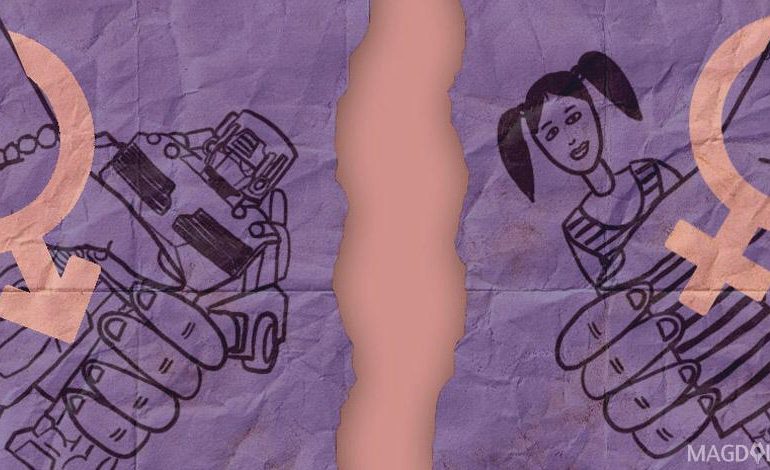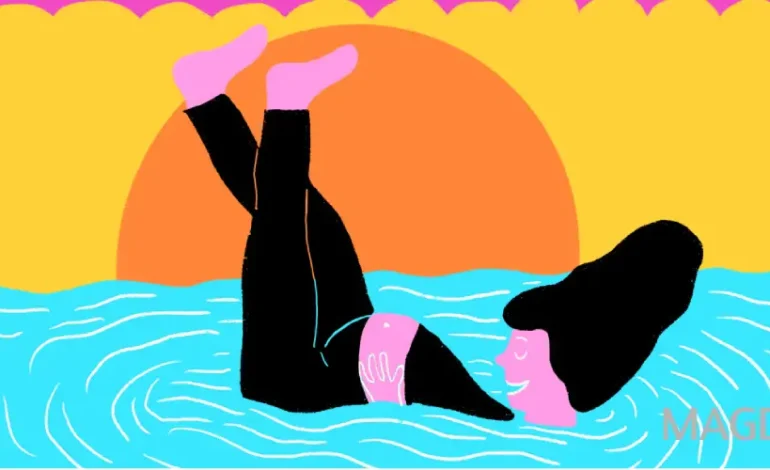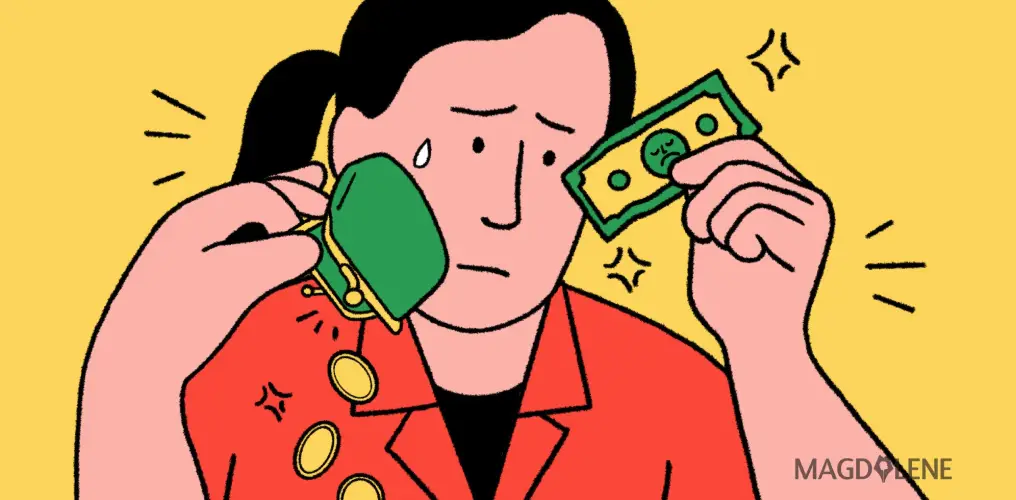Indian Indonesian Women and the Pressure of Traditional Gender Roles

Being a minority is never fun. All individual who identifies as a minority may agree with that statement. But being part of the 0.07 percent of ethnic group in this country is even worse.
As a third-generation Indian woman, growing up was never easy. Although we live in Indonesia, we don’t live differently to Indians in India or in other countries. Our exclusive community makes it hard to blend in too much with people of other ethnicities.
We also are still deeply rooted in our tradition, which means patriarchy is alive and powerful. Though we live in modern era in which everyone can be whoever they want, we have been stuck in a patriarchal system since before we were even born. For many Indian women in Indonesia, the freedom to choose to live a fully independent life is a privilege belonging only to a few.
Most of us face the social pressure to perform our expected gender role. We have get married, start a family, and become a mother. If we don’t do it, then we’ll be the talk in the community. Indian Indonesians live in a small community, so we know each other and we are familiar with what is going on in other households. Being the talk of the community is not something we desire. Even as I’m writing this, I feel the anxiety that someone from my community will read this and find out who I am. Still, I feel it is important to give this perspective as an Indian woman who lives in this country.
My mother and grandmother didn’t have a choice but to get married. I can count how many women from my mother or grandmother’s eras who have a college degree. The cultural stereotype about their gender role restricts these older Indian women from fulfilling their dreams or even having career aspirations. When they finish school, their parents will start to look for a potential groom for them.
But it is not the same with my generation. Almost every Indian woman in my generation has the privilege of pursuing a degree in any field they want and even start a career path of their choice. But there’s always this expectation from our family that someday we’ll get married.
After getting married, Indian women’s lives are determined by our husband’s family. It’s up to our husband or in-law whether or not we can still work, and most of them still think that our places were in the kitchen.
There are only a small number of Indian women who continue their education until master’s degree. Most of them will only finish their bachelor’s degree, then they’ll start to work. It’s not like they don’t want to continue their education, but they have to do the math to calculate at what age they will have to get married. Their family will start to give the hint of getting married once they’ve completed their bachelor’s degree.
This pressure goes beyond the nuclear family. It’s common to seen an auntie at a temple or a wedding function who will give you an unsolicited advice to get married before it is too late. This same auntie will also ask your parents when you will get married.
I guess the big question is when will it be too late? After you’re in your late 20s or 30s? After finishing your master’s degree? After getting the job you’ve always wanted? After you’ve achieved all your childhood dreams? Or after you’ve finally figured out who you are as an individual?
It should be up to ourselves as an individual to determine when is the right time, but as an Indian woman, we have the whole family and community to answer the question for us.
A lot of Indian women may have no problem with others answering that question for them, and there’s nothing wrong with that. But at the same time, there are many Indian women who “break the rules” by answering that question themselves. There are Indian women who have their own business, hold an exceptional job, continue their education abroad, pursue their master’s degree, marry the person they love choose to stay single, or voice her own opinions.
Maybe these women are the anomalies of our community. Still, their existence is the start of a change to our small exclusive community, so we can make a difference for the next generation of Indian women.






















